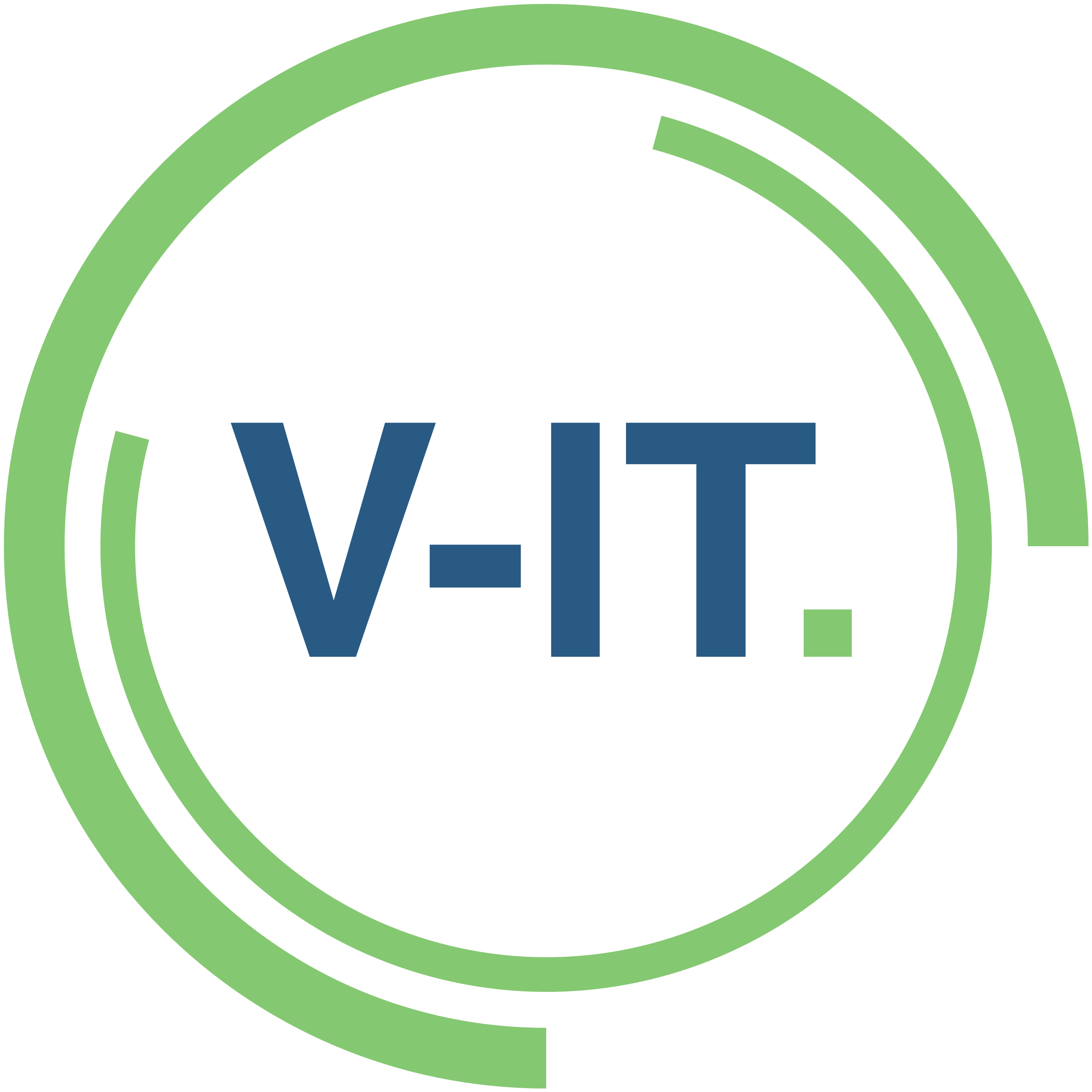
Functie
Plaats
Cybersecurity Analyst
Plaats
Antwerpen
Applicatie Architect
Plaats
Brussel
Business Lead
Plaats
Antwerpen
Informatie Analist
Plaats
Antwerpen
Application Security Engineer
Plaats
Brussel
Functional Analyst
Plaats
Brussel
Business Analyst
Plaats
Vlaams-Brabant
Data Functional Analyst
Plaats
Brussel
IT Developer
Plaats
Brussel
UI/UX Designer
Plaats
Vlaams-Brabant
IT services management Administrator
Plaats
Vlaams-Brabant
Product Owner
Plaats
Vlaams-Brabant
Functioneel analyst/Tester
Plaats
Brussel
Communication Advisor
Plaats
Brussel
Agile Coach
Plaats
Brussel
Solution Architect
Plaats
Antwerpen
Developer
Plaats
Brussel
SharePoint Consultant
Plaats
Brussel
Web Front End Developer
Plaats
Namen
Backend Java Developer
Plaats
Brussel
Technical Product Manager
Plaats
Vlaams-Brabant
Data Engineer
Plaats
Oost-Vlaanderen
Functioneel Technisch Analyst
Plaats
Vlaams-Brabant
DevOps Coach
Plaats
Brussel
Scrum Master Part-time (60%)
Plaats
Brussel
Change Manager
Plaats
Brussel
Lead Analyst Operations
Plaats
Brussel
.NET Architect
Plaats
Brussel
Functioneel Analist (security)
Plaats
Vlaams-Brabant
Business Solution Analyst
Plaats
Brussel
Business/Functional Analyst
Plaats
Brussel
Power BI Developer
Plaats
Brussel
Business Analyst
Plaats
Brussel
Business Analyst SAP PM-PP-MM-SD-CS
Plaats
Brussel
Specialist Service & Kwaliteit Telecom
Plaats
Oost-Vlaanderen
Java AWS Developer
Plaats
Brussel
Infrastructure Systems Engineer
Plaats
West-Vlaanderen
Chief Information Security Officer
Plaats
Brussel
Data Platform Engineer
Plaats
Brussel
Integration Architect
Plaats
Brussel
Business Analist
Plaats
Brussel
Endpoint management specialist
Plaats
Brussel
Product Owner
Plaats
Limburg
Team Manager
Plaats
Antwerpen
Data Architect
Plaats
Vlaams-Brabant
Full-Stack Developer
Plaats
Brussel
Azure AI Platform & Copilot Studio Specialist
Plaats
Brussel
Java Developer
Plaats
Brussel
IT Functional analyst
Plaats
Brussel
.NET Developer
Plaats
Antwerpen
IT Services Management Administrator
Plaats
Vlaams-Brabant
Genesys Developer
Plaats
Limburg
Genesys Architect
Plaats
Limburg
Scrum Master
Plaats
Vlaams-Brabant
Java Developer
Plaats
Brussel
Data Engineer
Plaats
Brussel
DevOps/Cloud engineer
Plaats
Brussel
System Engineer
Plaats
Limburg
Epic Delivery Owner
Plaats
Brussel
Full Stack Developer (Python/React)
Plaats
Brussel
Project Manager
Plaats
Brussel
Application Engineer
Plaats
Brussel
Business Tester
Plaats
Brussel
Full Stack Developers (.NET & Angular)
Plaats
Brussel